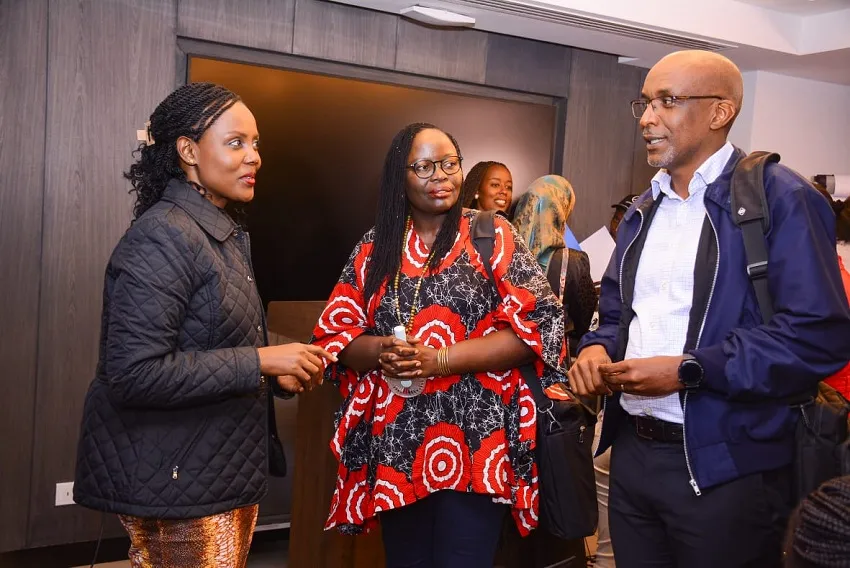Kenyan university educators are calling for an urgent review of existing infrastructure within higher education institutions to allow for the seamless integration of Artificial Intelligence in classrooms and research.
This was a key takeaway from a workshop organised by the Microsoft Africa Development Centre (ADC) in collaboration with the Kenya Education Network (KENET) to explore the potential of Artificial Intelligence (AI) to improve teaching, learning, and research in higher education.
Speaking at the event, Microsoft ADC Managing Director Catherine Muraga emphasised the importance of AI in the evolving classroom landscape and presented private-private and public-private partnerships as a key way to bridge existing infrastructure gaps.
“It was a fruitful workshop with academics, policymakers, researchers, and partners such as KENET. One of the most important considerations for universities is the availability of infrastructure for collecting and storing local data, which can then be used to train AI models for use in education and research. The government, which can provide significant assistance in areas such as technology-related skilling, is one of the larger players that must also be engaged,” said Ms Muraga.
The workshop’s discussions focused on four major themes: the need for AI skill development, improving pedagogy through research, the role of AI and research, and the infrastructure requirements to accelerate AI adoption.
On his part, KENET executive director, Prof. Meoli Kashorda, lauded the developments made by universities in improving AI-related infrastructure and called for additional funding and innovation to improve capacity for AI adoption in academia.
“AI tools are already being used by some students and lecturers. At this point, we must consider how AI can be made available to everyone in higher education. The challenge is that it demands more AI infrastructure, which requires significant resources. We need huge investments in AI infrastructure so we can start to apply it in research at scale,” said Prof Kashorda.
While acknowledging AI’s potential in education, educators emphasised the importance of ongoing professional development opportunities to ensure they have the skills needed to incorporate new technologies into their teaching methods.
Additionally, discussions focused on the importance of responsible AI development that promotes inclusivity.
According to the experts, this will necessitate investment in collecting, sorting, storing, and processing datasets derived from African settings. They also advocated for the development of policies and guidelines governing the use of AI in educational institutions.
Source: https://www.kbc.co.ke/kenyan-lecturers-urge-better-infrastructure-for-ai-adoption/

